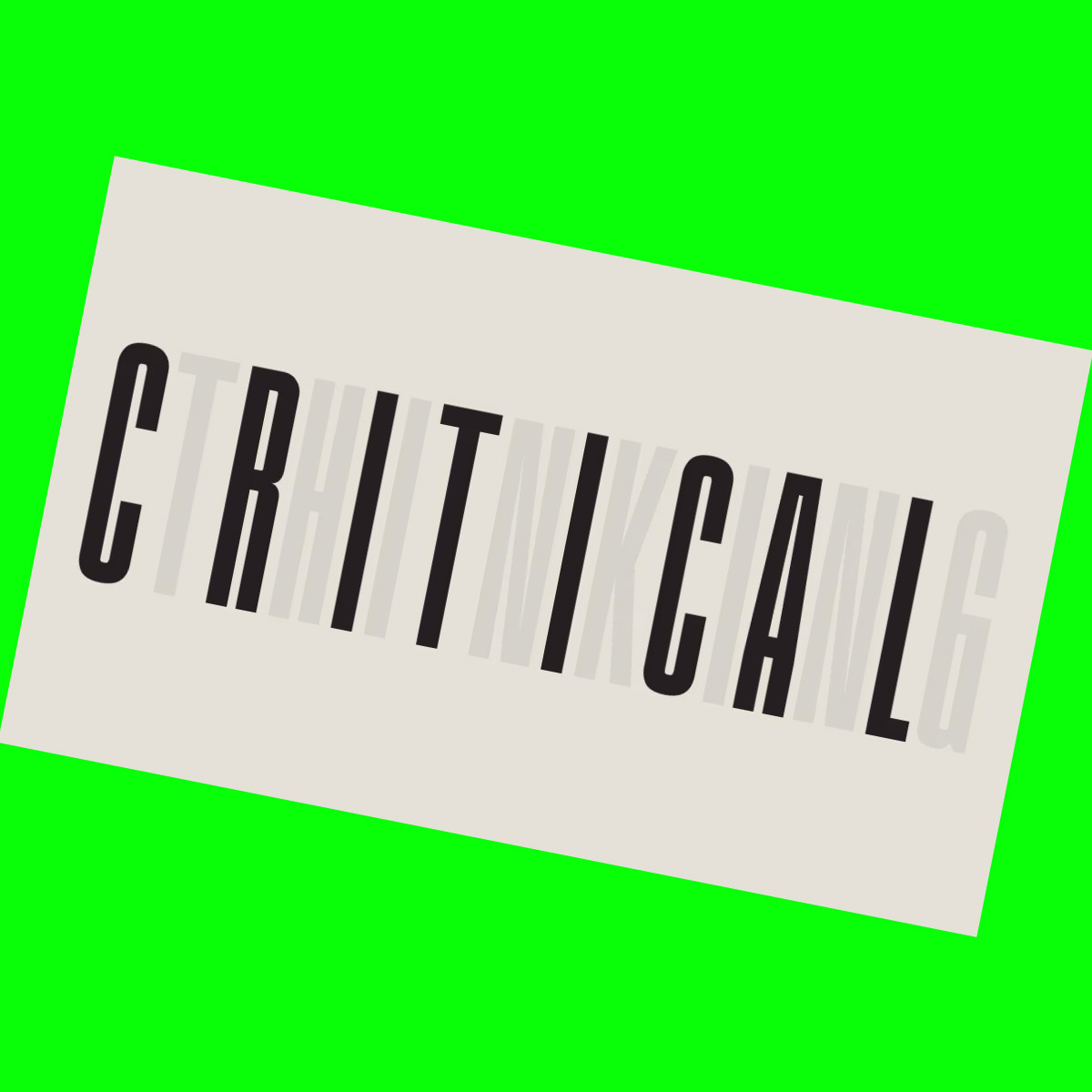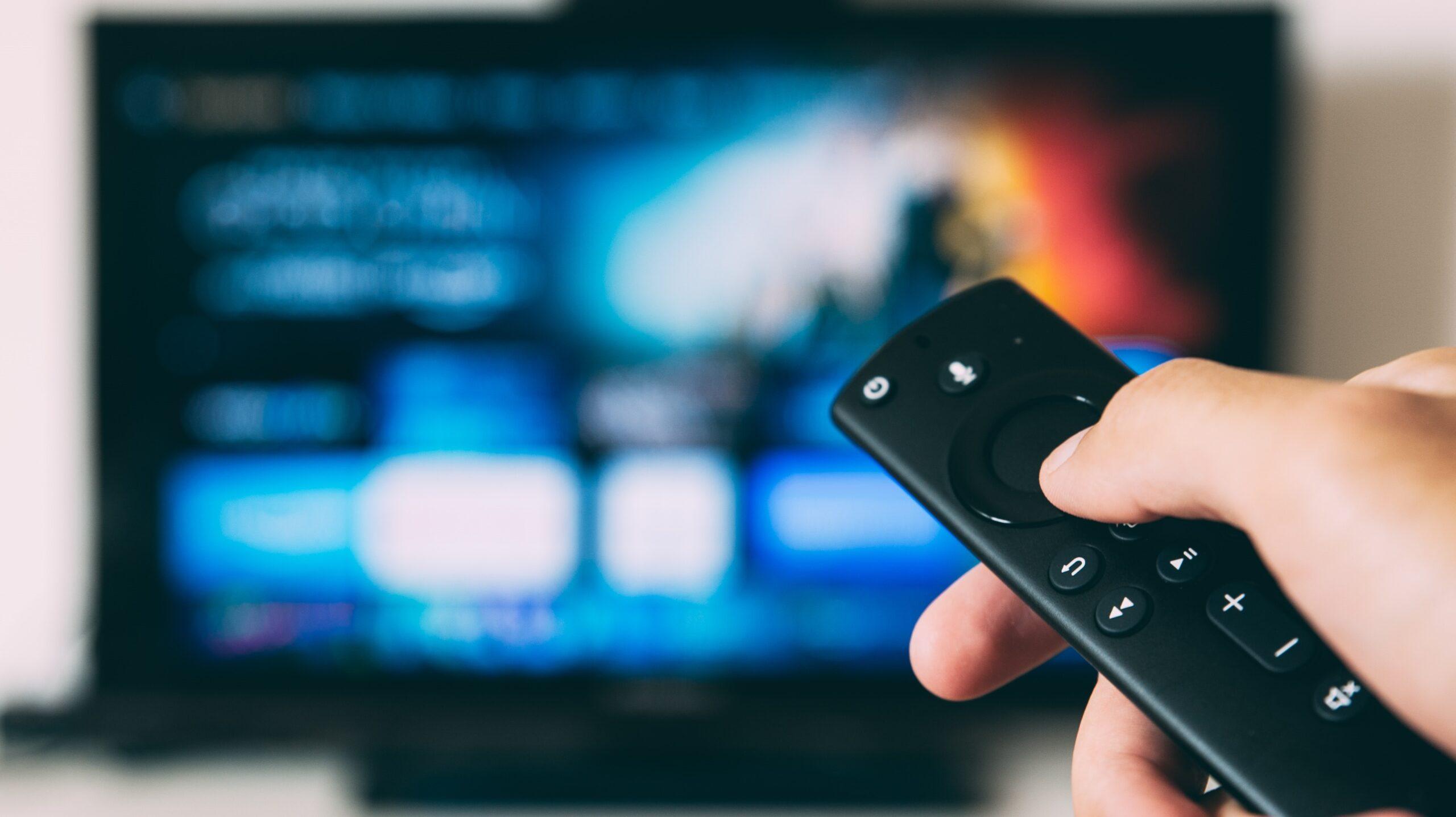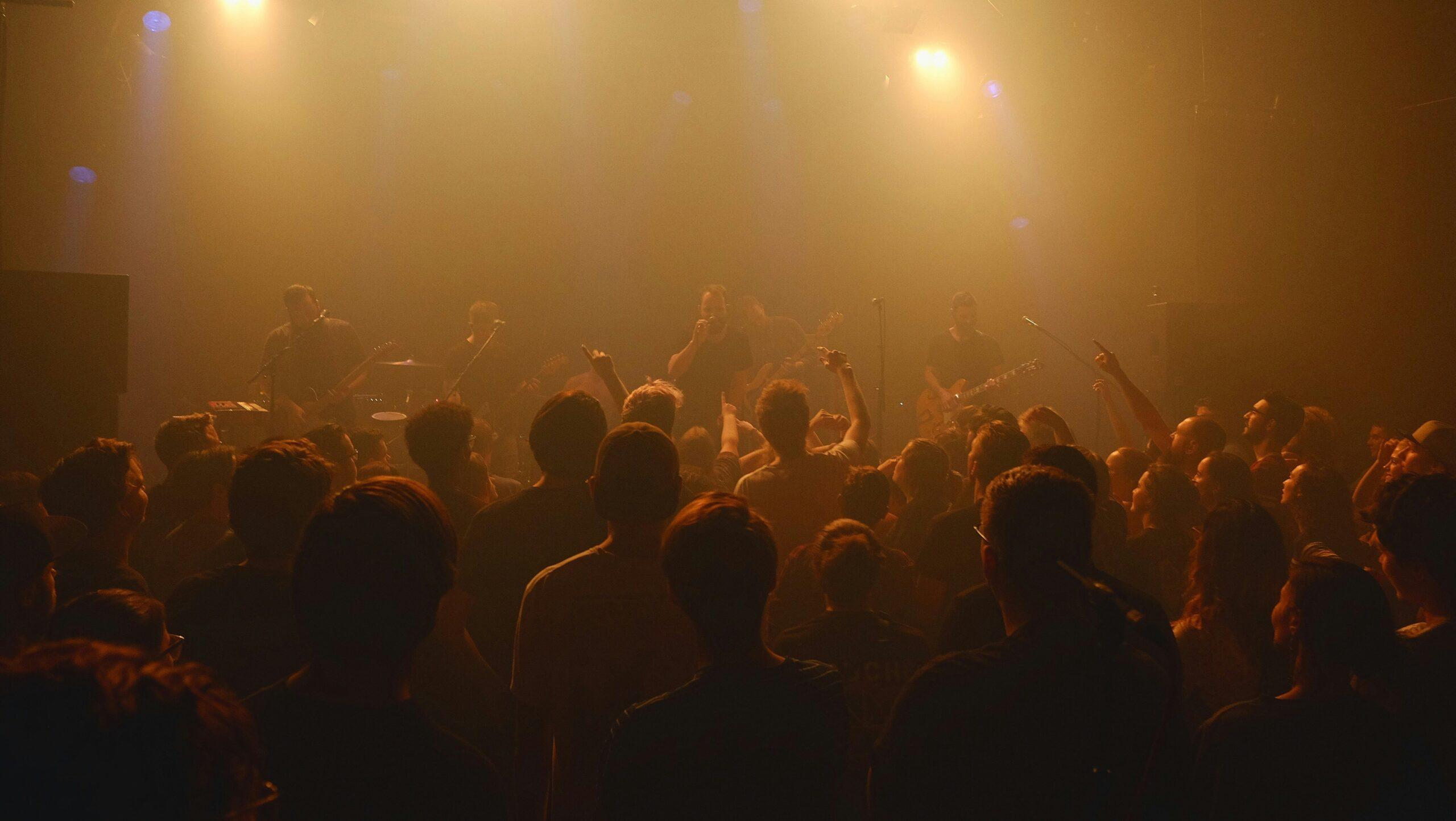Why Critical Thinking Could Be Key to Future-Proofing Your Job

Why Critical Thinking Could Be Key to Future-Proofing Your Job
Index
Critical thinking is a crucial discipline, but Hunt & Hawk Senior Content Writer, Mike Tuckerman, questions whether we are losing sight of its importance.
On the last day of my summer holidays, I did something shocking – so taboo, even – that my fingers are trembling as they tap away at the keyboard to write this.
I watched a movie on Amazon Prime.
Not just any old movie. I didn’t get caught casually surfing around the channels.
I watched a movie I’d been told not to watch.
By the media. By a bunch of film critics.
By the sort of folks on the internet who see an opinion that’s more or less in the same ballpark as how they generally feel, then vehemently latch on to that opinion and amplify it in a kind of collective hive-mind echo chamber.
And here’s the thing. I didn’t feel guilty about watching it.
There was no overwhelming sense of remorse once I saw the credits roll.
When it finished, I simply stopped streaming and switched over to something else.

Are We Losing Our Ability to Think Critically?
Midway through 2023, the World Economic Forum listed ‘critical thinking’ as one of the key skills needed to future-proof your job.
They’ve said the same thing several times before, only this time with renewed emphasis given the emergence of artificial intelligence and the existential threat it presents to a range of jobs and industries.
Critical thinking – and the ability to ask questions about the information you receive, not simply accept things at face value – should be one of the cornerstones of the way we approach our work.
Yet in a culture where we’re taught to respect everyone’s feelings – and where reactions to complex topics can rapidly coalesce across social media and online forums – these days it sometimes feels like disagreeing with popular opinion is now a dangerous act of sedition.
In a global 2022 survey of more than 5,700 mainly Millennial and Gen Z respondents, tech manufacturer Lenovo – and yes, you’re not the only one wondering what makes them an authority on the matter – found that 64% of all respondents felt reliant on ‘practical’ or ‘survival’ modes of thinking.
“Respondents largely feel that the external events of the last few years (e.g., COVID-19, economic disruptions, etc.) are contributing to and exacerbating distractions, heightened multi-tasking and fatigue, which further impairs the quality of their thinking,” the survey found.
Crucially, many of those respondents said they felt “burnt out, stressed, and mentally fatigued” by the societal changes brought about by a global pandemic.
Many of the same respondents said the ability to “think quickly” and “multi-task” was extremely important to them – two traits which are, ironically, the very thing that hinders deep-seated critical thinking.

Growing up, I never felt especially privileged.
I went to a public high school on the fringes of Western Sydney – which is to say, my education revolved more around street smarts than scholastics.
But I cobbled together the grades to earn a place in a rigorously academic degree in one of Australia’s more prestigious universities, where the importance of critical thinking was drilled into us on a daily basis.
I’d already been conditioned to ask questions by then anyway.
Not because I’m a born contrarian, but because I grew up in the nineties and the bands I listened to at the time – The Offspring, Pennywise, Bad Religion, Green Day – made careers out of clapping back at authority.
Yet I can’t ignore the reality that I really did grow up with privilege – that as a product of my time and place, I not only enjoyed free public schooling, but the chance to even go to university.
I never had to slave away on the factory floor to make the laptop I’m typing on.
Which makes me wonder: is one of the reasons I’ve put so much thought into the value of critical thinking over the years simply because I’ve had the time and resources to do so?

So what was the movie I watched on the last day of the summer holidays?
A Rainy Day in New York.
I didn’t watch it to be controversial. Or because it’s a terrific movie.
I watched it because my wife and I wanted to enjoy a light-hearted, richly aesthetic 90-minute rom-com starring some famous actors framed by an idealised backdrop of a rainy New York.
Were we aware of the historic sexual assault allegations levelled against director Woody Allen? Of course.
Those allegations were revisited during the #MeToo movement of 2017, leading A Rainy Day in New York’s distributor Amazon Studios to halt the completed film’s release.
When it finally was released – to predictably disastrous box office results – many critics panned the film as one of Allen’s worst, calling the plotline ‘derivative’ and slamming the film’s hammy acting and unlikeable characters.
But it’s hard not to wonder how much of that criticism was driven by the cultural climate of the time, rather than the actual movie itself.
It should go without saying that allegations of assault are never a thing to be trifled with.
One of the underlying themes of the #MeToo movement was that survivors deserve to be believed.
But the allegations against Allen were dismissed by a court in 1993 – and have since been vehemently denied by at least one of his children – even if a judge labelled Allen a “self-absorbed, untrustworthy, and insensitive father” at the end of his bitter custody battle with former spouse, Mia Farrow.
Moviegoers in a Bind
All of which puts movie watchers like me in a bind.
Allen himself settled a lawsuit against Amazon Studios after they backed out of a four-movie deal once the allegations resurfaced.
Plenty of critics went so far as to say Allen’s movie career was over.
Yet I watched A Rainy Day in New York on Amazon Prime. And Allen’s latest flick, the French-language Coup de Chance, is currently screening in cinemas around the world.
Which is a long-winded way of saying that critics can be wrong. And I thought they were wrong about A Rainy Day in New York.
Is it one of Allen’s best movies? Probably not.
But I’d rather make up my own mind about that than have someone else do it for me.
I think separating the art from the artist is a valid choice here, given it was more than just Woody Allen involved in making the movie.
These are complex ideas, and we shouldn’t be afraid of discussing them.
But we can’t do that without the act of critical thinking.
If you ever need someone to think deeply about your content, please don’t hesitate to drop into my inbox.